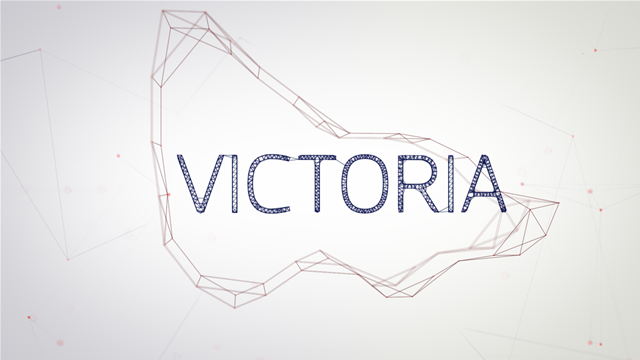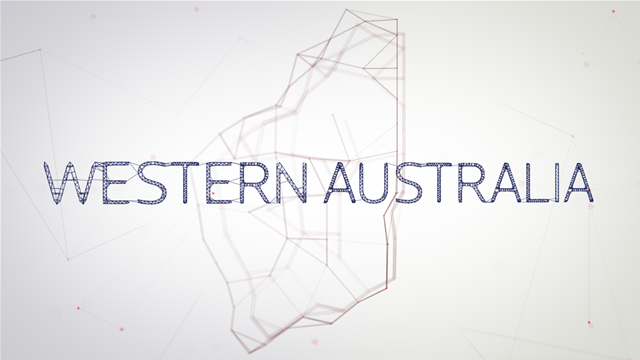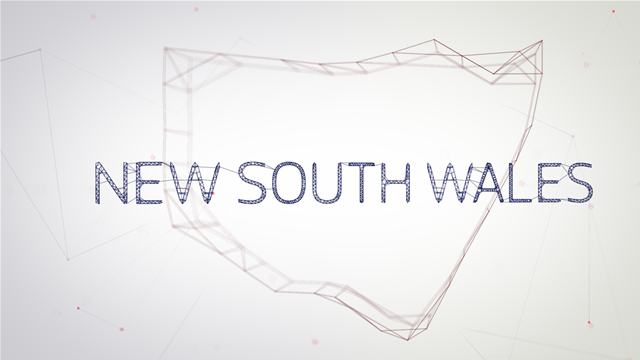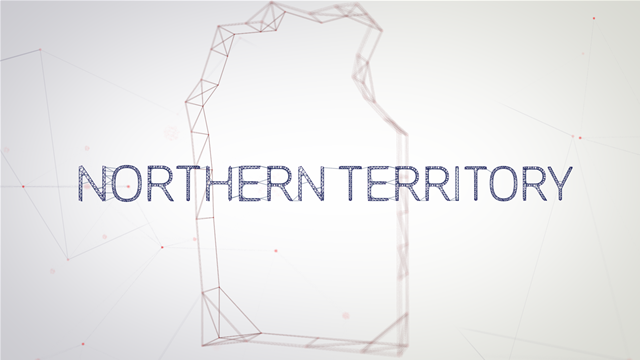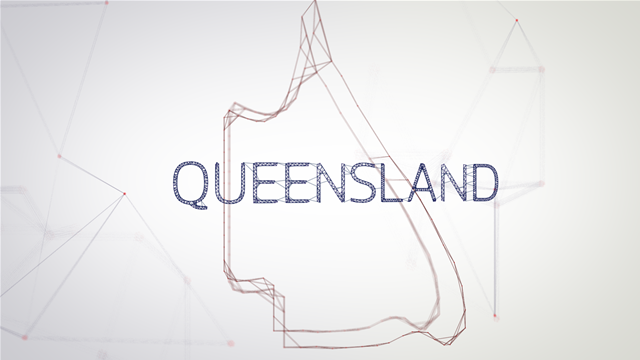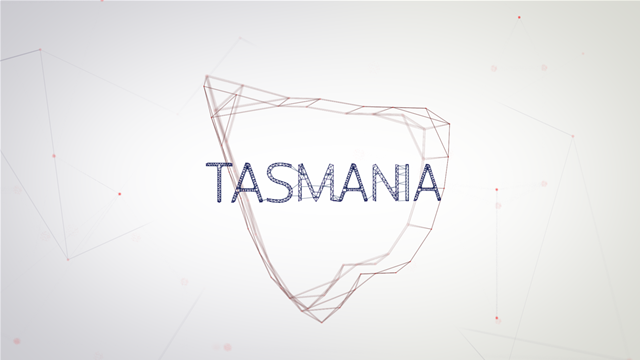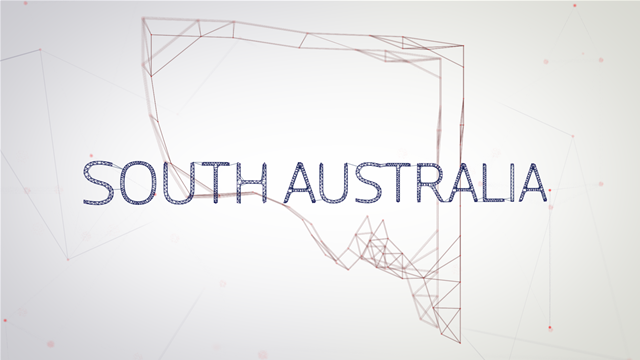

2023 started positively for the Victorian government’s digital and ICT operations, which were united within a new Department of Government Services (DGS).

“The creation of the Department of Government Services represents our government’s commitment to deliver world-class services and to make sure everyone is able to receive the benefits of modern digital service delivery,” the then Minister for Government Services Danny Pearson told a parliamentary committee six months down the track in June [pdf].
“For the first time, the new Government Services portfolio brings together digital [Digital Victoria], ICT [CenITex], Service Victoria and some community services and corporate services functions from across government. This will provide a dedicated focus on digitising services and improving how Victorians engage with government.”
Both Digital Victoria - which aims to drive digital transformation across government - and Service Victoria - which is digitising service delivery to citizens - were previously part of the Department of Premier and Cabinet.
DGS was given a budget of $584.7 million in 2023–24 [pdf], of which about $230.5m was classified as being for “digital strategy and transformation”. At a more specific output level, the budget allocated $90 million to Service Victoria and $34.7 million to “cyber security reform”.
Given DGS is still new, the department’s inaugural corporate plan, released in August, noted that “further organisational development is needed to create the capabilities and capacity needed to deliver [its] objectives”. Areas earmarked for further work include: culture and structure; resources, including the available technology and condition of assets; service delivery channels; performance data; and service, asset and operation plans.
While trying to achieve operational maturity, it is also dealing with several recent personnel changes in the portfolio. Notably, a change of state premier prompted a Cabinet reshuffle and a new Minister for Government Services, Gabrielle Williams being appointed at the start of October. In addition, Digital Victoria’s first-ever CEO Michael McNamara left to join Australia Post.
Service Victoria app usage
The Service Victoria app hit usage peaks during the height of the pandemic when it was used for mandated QR code check-ins to businesses and venues, and for vaccination certificate declarations. Usage today is well off those peaks, but is expected to recover as more services are added.

Before his departure from the DGS portfolio, Pearson remained buoyant on the outlook for the app, and its capability to become “the one-stop app for everyday life.” He noted that in 2022-23, “the app has been used by nearly 50,000 people every day, with an average of 1.7 million app sessions each month. It features more than 100 services, but there is more we can do to make more services accessible through the app,” he said.
Pearson said that one of the most popular elements in the app today is “promotional tiles on the app’s home page screen. These tiles and the occasional push notifications which can be broadcast to users were interacted with more than 5.5 million times in the past 12 months.”
Digital wallet services and a DDL

The ability of the Service Victoria app to act as a ‘digital wallet’ of identity or digital credentials is another emerging use case. ‘Working with children check’ digital cards are available through the Service Victoria app, with “more than 17,000… added to people’s wallets in the first three months of the feature going live,” Pearson said. Ambulance membership cards and digital fishing licences can also be stored in the wallet, he noted, with “more cards [to] soon be available as well.”
The “most requested” digital card, however, is the digital drivers licence (DDL), Pearson said. “Research commissioned by Service Victoria reveals four out of five people will be likely or highly likely to use a digital drivers licence.” A recent parliamentary report [pdf] noted the DDL is “one of the ‘digital wallet’ priorities in 2023–24. The licence is being piloted in Ballarat, with a statewide rollout planned for sometime in 2024. In addition to being available from within the Service Victoria app, it can also be stored in a VicRoads app.
The trial in Ballarat is also exploring digital drivers licences in proof-of-identity settings, particularly if they can be more privacy-preserving than current methods involving physical cards. The parliamentary report noted the Ballarat trial “will allow for specific fields of information to be displayed, such as checking a date of birth for entering a licensed venue while ensuring other information about an individual such as their residential address remains private. It will also test how the digital licence would function in a setting that can have intermittent internet connectivity.”
Whole-of-government cyber security
Ninety (90) percent of Victorian government agencies experienced a cyber security incident in 2022, a recent audit found. In that context, a number of actions around cyber security are planned, backed by the $34.7 million budget allocation to “reform” of the space.

DGS will spend the next year creating new, non-overlapping cyber security guidance and mandated standards for the over 3000 entities in the state’s public sector. The guidance is expected to contain several “mandates” around identity and access management, security controls and device standards, and was agreed to following an audit that criticised the lack of progress on whole-of-government cyber security coordination.
Within its inaugural corporate plan, DGS also said that key initiatives around cyber security will be important to achieving its objective of accelerating digital transformation of government between now and 2027. It pledged to “oversee, review and strengthen the cyber defence systems across the Victorian public sector, and uplift response capabilities for cyber incidents with the creation of a new Cyber Defence Centre.”
Pearson further contextualised the focus on cyber security, saying [pdf] that “the Victorian Government Cyber Incident Response Service [had] successfully responded to hundreds” of attack attempts in 2022-23 alone.
“This highlights the importance of investing in cyber security,” he said. “To help meet these challenges, the Victorian government has adopted the Australian Signals Directorate’s Essential Eight maturity model, which helps organisations protect themselves against various cyber threats. We have also established Victoria’s first expert panel on cybercrime, dedicated security operation centres, and have rolled out training to Victorian government board members on cyber security risks.”
Engaging generative AI
The closest thing to official guidance on generative AI use appears to be a presentation by the Office of the Victorian Information Commissioner (OVIC) in April. Public sector staffers were advised not to input information rated higher than ‘official’ into generative AI systems, and not to use sensitive or personal data when writing prompts. In addition, there were early concerns at the use of Microsoft Copilot - a paid add-on to Microsoft 365 - though given it has taken months for early access to Copilot to reach Australian shores, it’s unclear if any governments yet have an appetite to test it.
Scorecard
| Does Victoria have a digital strategy? Is it up-to-date (i.e. released in the last two years?) | Yes |
| Does Victoria have a cloud strategy? Is it up-to-date (i.e. released in the last two years?) Does it contain a cloud-first or cloud-only approach to new projects? | Yes |
| Does Victoria have a cyber security strategy? Is it up-to-date (i.e. released in the last two years?) | Yes |
| Does Victoria have an AI (including generative AI/LLM use) strategy? Are there plans to update or issue a specific strategy around generative AI and LLM use? | Unclear |
| Is there a specific whole-of-government ICT/IT strategy (as distinct from your digital strategy?) | Unclear |
| Does Victoria have a minister responsible for digital – or a minister with clear IT authority? | Yes |
| Does Victoria mandate cyber security training for all public servants? | Partial |
| Does Victoria have a whole-of-government CIO (or equivalent) and a steering committee of CIOs? | Yes |
| Does Victoria have clear policies for cyber security, cloud, data and privacy? | Partial |
| Is Victoria taking steps to address issues with traditional CapEx/OpEx IT funding models? | Partial |
| Is Victoria monitoring the progress of IT and digital projects after sign-off? | Yes |
| Is Victoria aware of what needs fixing with respect to whole-of-government IT policy and procurement? | Yes |
| Does Victoria have a cyber security operations centre? | Yes |
| Does Victoria have a central service delivery agency and is it working to improve digital interactions? | Yes |
| Is Victoria building in-house digital skills? | Yes |
| Does Victoria have a small to medium enterprise (SME) buying policy? Is there a percentage target for the amount of government IT budget to be spent with SME-sized providers? | Partial |
| Has Victoria developed any digital services that are being used by other states/territories? | No |
State Champions
The iTnews State Government Champions have worked closely with the governments throughout Australia. Their processes have enhanced the way our state governments are able to deliver their services to the people of Australia.
We are proud to present the 2023 State Government Champions, and we will showcase the work they are doing in the coming days.



